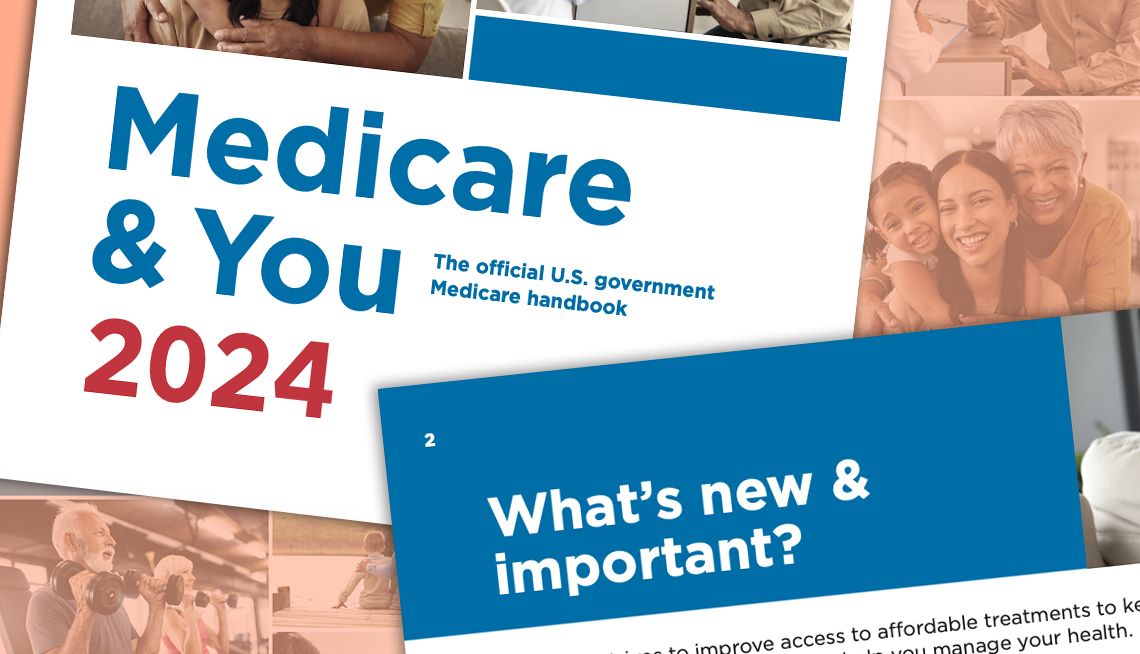
Navigating the waters of Medicare can be complex, and the last thing you need is the specter of Medicare fraud looming over your benefits. Medicare fraud not only depletes critical resources but can also lead to unnecessary costs for beneficiaries. If you suspect fraudulent activity, acting swiftly and decisively is key to safeguarding not just your own interests, but the integrity of the system as a whole.
Understanding Medicare Fraud
Medicare fraud typically involves billing for services that were never rendered, misrepresenting non-covered treatments as necessary medical procedures, or otherwise illegally extracting money from the Medicare system. It’s a federal crime with serious consequences, including fines and imprisonment for those found guilty. As a beneficiary, recognizing the signs and knowing how to respond is your first line of defense.
Recognizing the Signs
Be vigilant if you notice charges for services, equipment, or supplies you never received, statements for the same service multiple times, or services that were not ordered by your physician. These are red flags that warrant further investigation. Fraud can also appear as pressure from providers to order unnecessary testing or medication, which can be harmful beyond just financial impact.
Reviewing Your Statements
Regular scrutiny of your Medicare statements is essential. Cross-reference your Explanation of Benefits (EOB) with your medical records and receipts. If the services listed don’t match your experience or records, it could indicate a problem.
Protecting Personal Information
Your Medicare number is as personal as your Social Security number. Keep it confidential. Fraudsters often masquerade as Medicare representatives to extract your details. Remember, Medicare will not call you to ask for your personal information unless you’ve given them permission to do so.
Reporting Suspicions to Medicare
When you suspect fraud, report it immediately. You can call the Medicare fraud hotline at 1-800-MEDICARE (1-800-633-4227) or the Office of the Inspector General at 1-800-HHS-TIPS (1-800-447-8477). Reports can also be made online through the Office of Inspector General’s website.
Documenting Your Findings
Keep detailed records of your healthcare appointments, services received, and conversations with healthcare providers. This documentation will be invaluable if you need to report a discrepancy.
Contacting Your Healthcare Provider
Before raising the alarm, contact your provider to ensure that the charge isn’t simply a mistake. Billing errors are common and can often be resolved with a phone call.
Understanding Whistleblower Protections
If you’re reporting fraud within a healthcare organization, you may be protected under the False Claims Act. Whistleblower provisions protect employees from retaliation when they report wrongdoing internally or to the government.
Cooperating with Investigators
Should an investigation ensue, be prepared to cooperate fully with authorities. This could include providing your documentation, recalling conversations, and potentially testifying about your experience.
Following Up on Your Report
Don’t let your report disappear into the void. Follow up with the agency you reported to for updates. Your involvement may encourage a more vigorous pursuit of the investigation.
Conclusion: Your Critical Role in Preventing Medicare Fraud
The fight against Medicare fraud is ongoing and requires the vigilance of every beneficiary. By being observant, protective of your personal information, and proactive in reporting, you play an indispensable role in maintaining the system’s integrity. Remember, your actions not only protect your own benefits but also help secure Medicare resources for the future.





